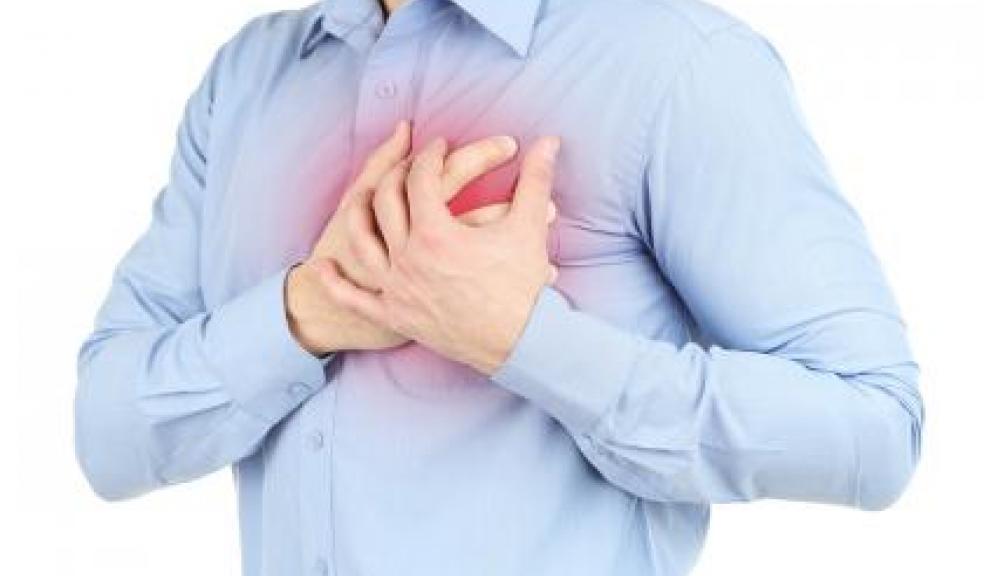
Derriford’s Lead Cardiologist urges fast action in cardiac emergencies
The Clinical Director of Cardiology at Plymouth’s Derriford Hospital has urged the public to seek urgent medical attention without delay, should they or a loved one experience serious cardiac symptoms.
As highlighted by the Royal College of Emergency Medicine in May, national Emergency Department Syndromic Surveillance data indicates that the number of patients presenting with cardiac diagnoses has returned to pre-COVID levels.
However, there has been concern nationally that patients with cardiac symptoms are presenting to the emergency department at a later stage than they would have before COVID. This delay is concerning to Cardiologists as delays to treatment can result in longer term complications and can endanger lives.
Consultant Cardiologist, Dr Girish Viswanathan has taken the opportunity to highlight the importance of early intervention in emergency cardiac treatment: “Cardiac disease is still one of the biggest killers in this country and during the COVID pandemic we have seen significant reduction in the number of patients asking for help in cardiac emergencies, which has concerned all of us working in the NHS.
“Please do not delay seeking treatment as it can lead to serious long term complications, such as heart failure, and it may endanger your life. The Cardiology Department is here for you 24/7 and the sooner treatment can be initiated, the better the clinical outcome is likely to be.”
The Emergency Department at Derriford Hospital has put strict precautions in place to screen patients on arrival and maintain separate COVID and non-COVID zones to keep everyone as safe as possible.
If you or a loved one experience symptoms of a heart attack, you must seek help as you always would by phoning 999 immediately.
A heart attack is a medical emergency. If you or a loved one experience any serious cardiac symptoms, please do not delay in asking for help - call 999 and ask for an ambulance if you suspect a heart attack. The common symptoms of a heart attack can include:
- chest pain – the chest can feel like it's being pressed or squeezed by a heavy object, and pain can radiate from the chest to the jaw, neck, arms and back
- shortness of breath
- feeling weak or lightheaded, or both
- an overwhelming feeling of anxiety












